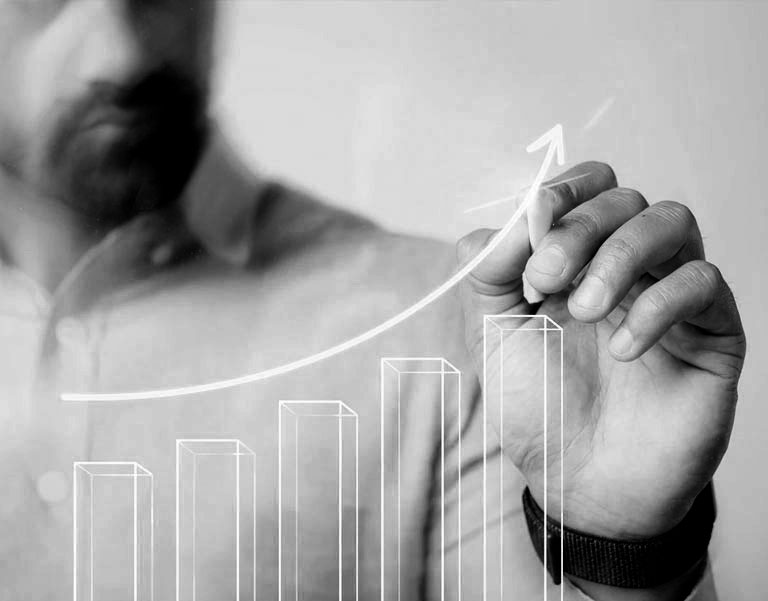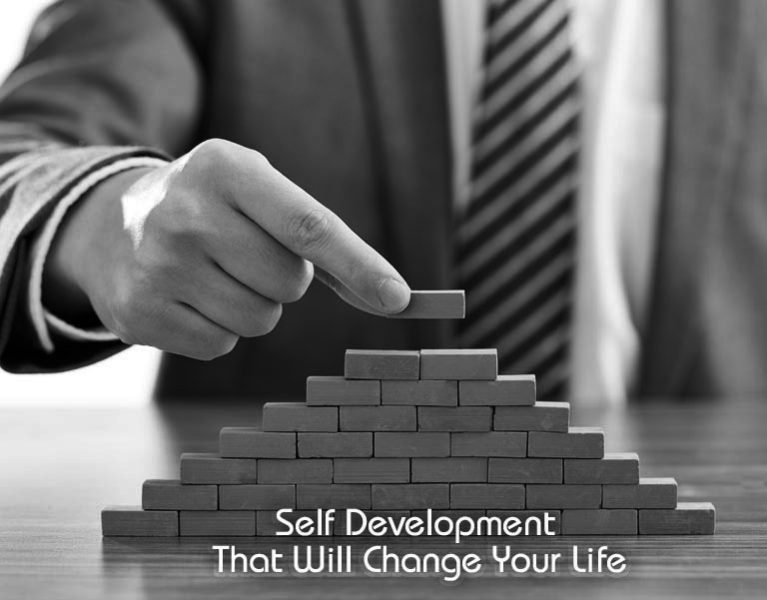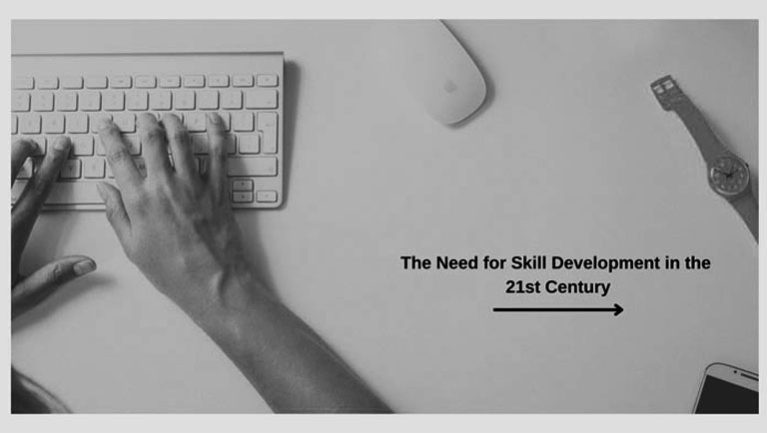
Professional Career Development
Our education system expects the youth to make decisions about their career very early in life.

There have been many watershed moments in history. There have been World Wars, numerous epidemics, and the rise and fall of economies, but this is the first time that a crisis has placed both life and livelihood at risk.
We are hurtling towards a future in which not everything will be the same. No nation, organization, community, or person has been spared by the effects of this epidemic.
According to McKinsey & Company, executives across the globe are thinking across five perspectives:
The COVID-19 pandemic has changed the world’s socioeconomic dynamics, and paradigm changes are unavoidable. The short and long-term well-being of our lives and livelihoods in the post-COVID age will be dependent on a well-thought-out and deliberate approach to understanding the various dynamics, as well as a new style of thinking and functioning.
The following are the obvious paradigm shifts:
Acting in the face of uncertainty has always been a pillar of a business.
Organizations have kept black swan occurrences hidden, whether it was the dot-com boom in 2001 or Black Monday in 2008.
The COVID epidemic, on the other hand, is an anomaly due to its worldwide scale and lack of a reference point.
The only reasonable reaction to uncertainty is to acknowledge its presence, assess its depth, and act before it becomes a complication.
As a result, it is time for scenario thinking and to “Embrace the Uncertain.”
The present COVID problem will recede, but the recovery will take too long. Organizations will now create a culture that encourages an adaptable mentality in reaction to the unimaginable and will use innovative methods to dealing with complicated occurrences.
Adapting to the new with sensitivity and agility will become the new standard.
The COVID-19 pandemic has changed the way the world works and called into question nearly every belief.
It is no longer simply about gaining information since it is impermanent; knowledge must now be sought, which involves shedding ideas, practices, habits, and systems that have been essential to our system and adopting the new method of learning via intentional unlearning.
However, the way nations, leaders, and communities have battled this illness has restored trust in emotions. Intuitive thinking is spontaneous and rapid, particularly during times of stress and worry; the only difficulty is to identify and respond to it.
As a result, intuition will no longer be seen as a frivolous reaction, but rather as an important type of information processing.
The constant barrage of information during the COVID epidemic did more damage than good. People were worried as a result of the Information Overload, which resulted in dread and weariness. The deluge of data, charts, and graphs has rendered individuals immobile.
Any data that has to be communicated today needs to be accompanied by a story. That narrative is data visualization, often known as storytelling. Every phrase, statistic, or picture must be woven into a narrative to assist the viewer to create a mental map and engage the senses.
The hardest circumstances bring out the finest in people, much like a modest tea bag that reveals its real colors when submerged in boiling water.
No one can tell when or how this epidemic will end, but the lessons we are learning now, as well as the conscious decisions we make now, will define the quality of our lives in the post-COVID world.
The writer is a change catalyst and positive psychology coach. She has been assisting organizations develop their most important asset- its people!
The Changes is an Organization Development Consulting firm that helps corporates, campuses and individuals to achieve business, functional and personal goals.
We assist professionals and students by designing and delivering learning programs to equip them with the skills that are vital for success in the New World.
Sonia is an internationally certified L&D specialist & soft skills coach. She has been leading behavioural transformations through designing and delivering learning programs.

Our education system expects the youth to make decisions about their career very early in life.

Our mind is our biggest asset, but also our biggest obstacle.

Skill development is no more a matter of choice, it is the core of survival.